A federal judge ruled Wednesday for the new Constitution Party of North Carolina, blocking a new state law so three of its chosen candidates can run for legislative and county seats in November after all.
The ruling halts enforcement on its candidates of a law the General Assembly finalized in June that prevented people who lost in the May primary election from running for the same office with a new political party in the fall. The law expanded the state’s existing “sore-loser” election law that banned candidates who lost primaries from running as an unaffiliated or write-in candidate.
The Constitution Party gained official recognition shortly before the law was implemented and sued last month, arguing it was retroactively applied to them. The party and the three candidates said the law kept them from fully participating in the election and that it violated their right to free speech and association.
U.S. District Judge Louise Flanagan agreed, writing that the retroactive removal was an “erratic execution” of election laws. Flanagan said the Constitution Party demonstrated they had a high likelihood of winning if the case went to trial, and that the party would suffer permanent damage if the law were not temporarily halted.
The preliminary injunction remains in place while the lawsuit continues. Barring a successful appeal, the Constitution Party’s candidates who lost in May but were chosen by the party at its convention to run in November — one for a state House seat and two for county commissions — will be on general election ballots.
It wasn’t clear Wednesday whether the state board of elections, listed as a defendant in the lawsuit, would appeal. The deadline to finalize ballots is fast approaching. They’re supposed to be sent to absentee ballots starting Sept. 7. Republican legislative leaders didn’t immediately respond Wednesday to requests for comment on the decision.
The ruling is yet another legal setback for Republican legislators and election-related laws they’ve passed recently.
A panel of judges on Tuesday blocked questions for two of the six constitutional amendments the legislature approved from being on the November ballot, agreeing with Democratic Gov. Roy Cooper and the state NAACP that the questions were false and misleading.
A state judge last week blocked enforcement of a law that would have prevented a state Supreme Court candidate from having his Republican affiliation next to his name on the ballot because he switched affiliations just before he filed for the seat.
Constitution Party Chairman Al Pisano called Wednesday’s ruling a victory, criticizing Republican legislative leadership for changing election laws and “wasting taxpayer dollars on needless lawsuits.”
“It’s not right for them to change the law when they feel threatened or to change it for partisan advantage after the fact,” Pisano said in a statement.
Both the Constitution Party and Green Party became official parties in North Carolina this year following passage of a new law lowering the thresholds they were required to surpass. In early June, the Constitution Party nominated 10 candidates for office by convention. None of the Green Party’s candidates were affected by the sore-loser law changes.
Related Stories
‹
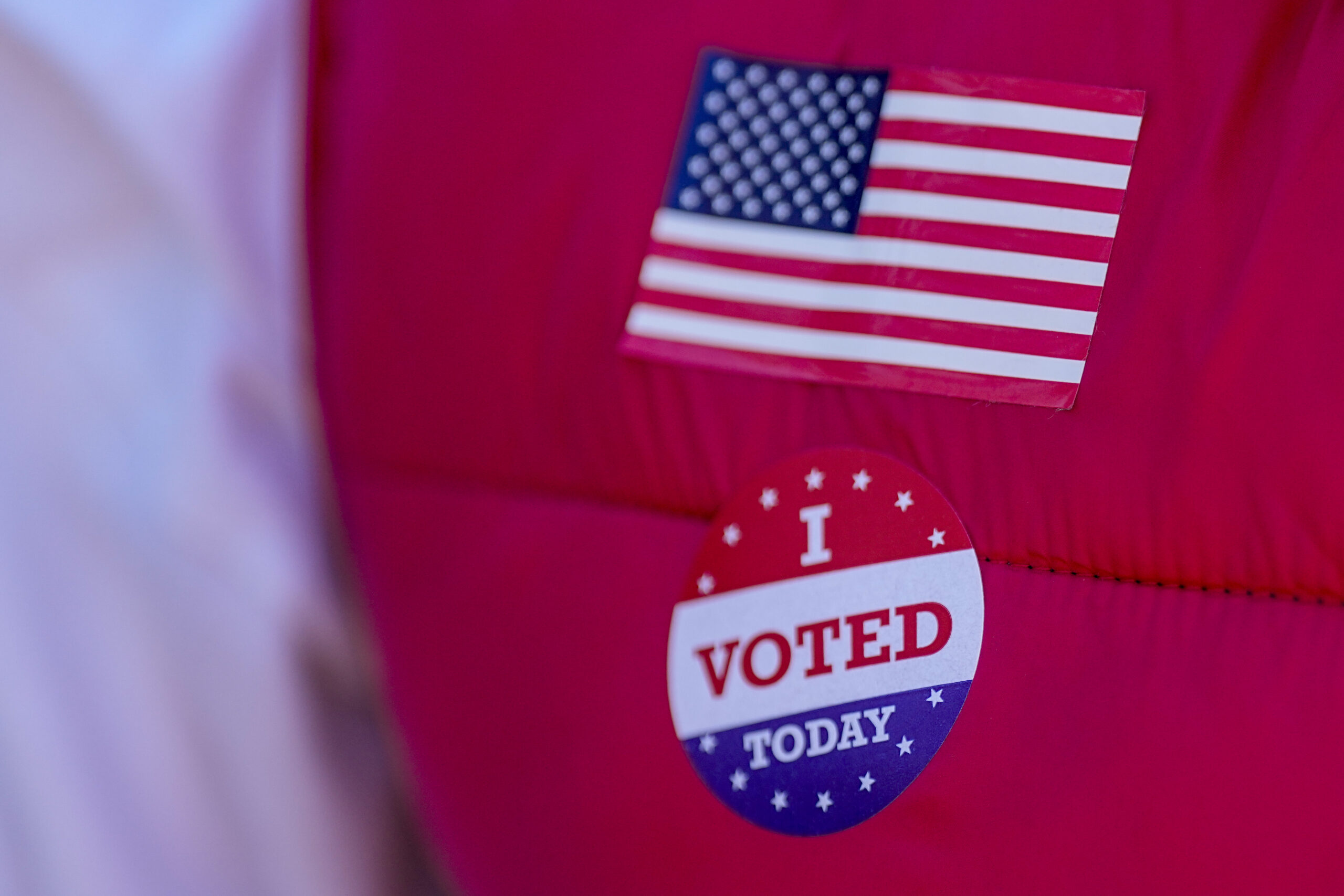
Another Political Party in North Carolina OK’d for Fall; 2 Others Remain in LimboWritten by GARY D. ROBERTSON North Carolina’s elections board certified unanimously on Tuesday a right-leaning political party to field candidates this fall in the state, but again deferred final action for two organizations that collected signatures to help get Robert F. Kennedy Jr. and Cornel West on the presidential ballot. The Constitution Party of North Carolina will join several […]
![]()
Ruling Essentially Ensures New Party’s Candidates Can RunA court ruling giving more time to election officials to respond to a lawsuit filed by a new North Carolina political party essentially ensures the party will have a few more candidates on November ballots. U.S. District Judge Louise Flanagan wrote Tuesday the state elections board now has until Oct. 1 to answer the lawsuit […]
![]()
N Carolina Constitution Party Recognized as Official PartyThere’s another new official political party in North Carolina that can field candidates in November’s general elections. The state elections board voted Wednesday to recognize the Constitution Party of North Carolina after group members collected more than 12,000 valid signatures from registered voters before a deadline. The Constitution Party joins the recently recognized Green Party […]

The Carolinas Emerge as New Population Boom States. Affordability and Lifestyle Drive GrowthWritten by MIKE SCHNEIDER ORLANDO, Fla. (AP) — Move over Florida and Texas. The United States has new hot spots for growth, and they both have Carolina in their name. North Carolina last year attracted more new residents, 84,000 people, from other parts of the country than any other state, a title held by Texas in 2024 and Florida […]
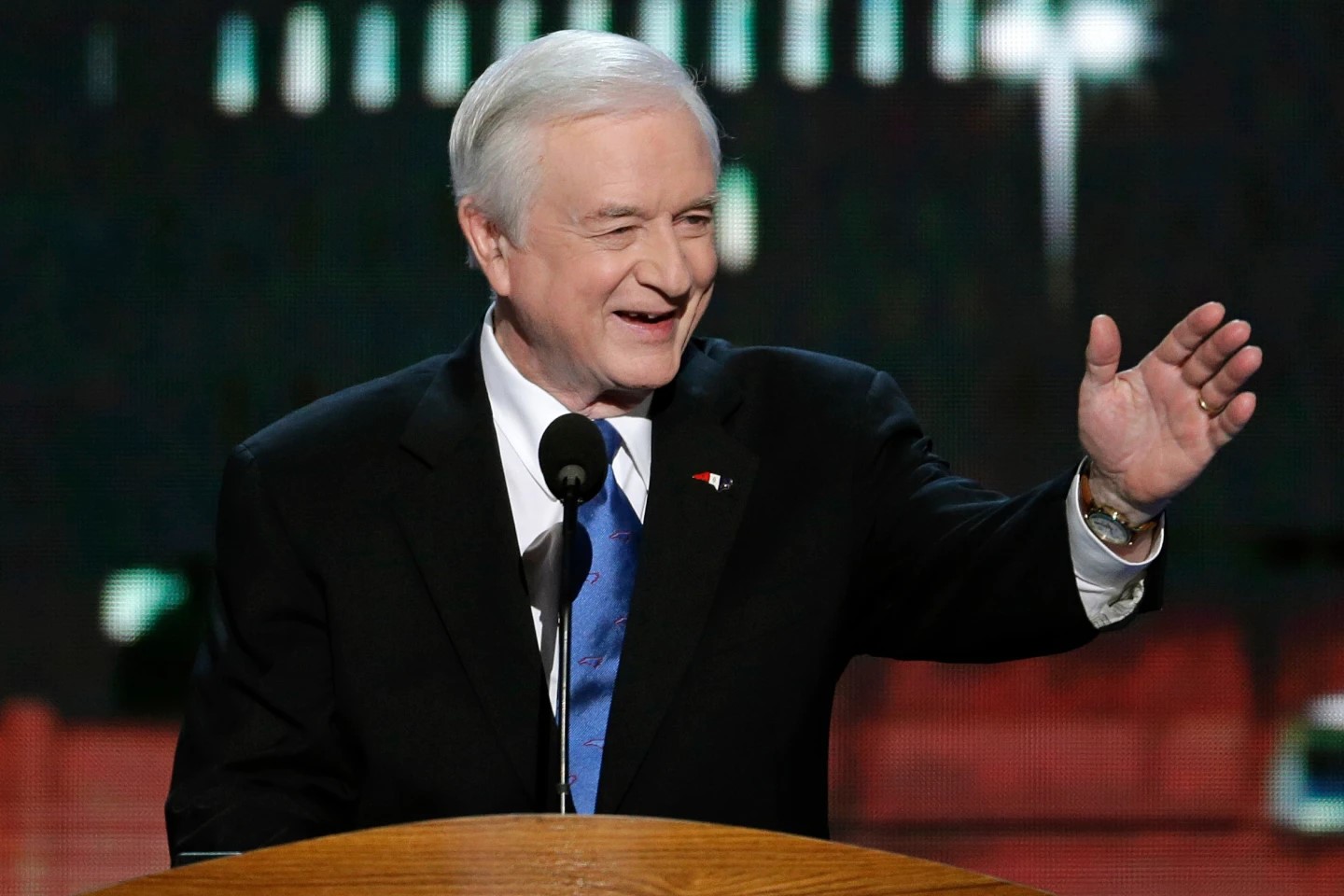
Four-Term North Carolina Gov. Jim Hunt, a Leader in Education Reform, Dies at 88Former Gov. Jim Hunt, a towering figure in North Carolina politics in the late 20th century who helped leaders from both major parties strive for public education reform, died Thursday at the age of 88.
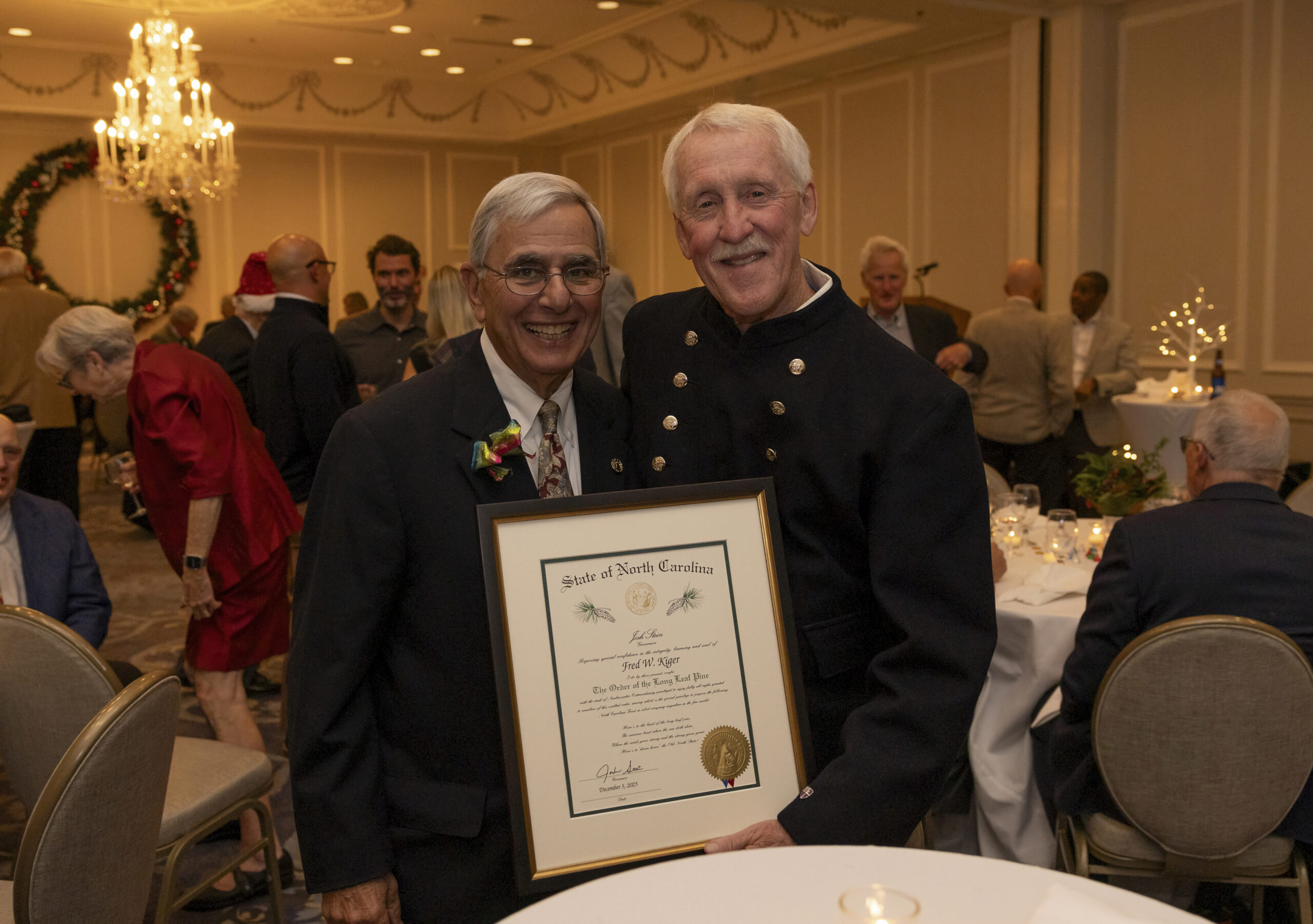
Chapel Hill Educator, Historian and UNC Statistician Freddie Kiger Inducted Into Order of Longleaf PineMembers of the East Chapel Hill Rotary Club surprised Freddie Kiger with his induction into the Order of the Long Leaf Pine during its holiday party on Dec. 5.
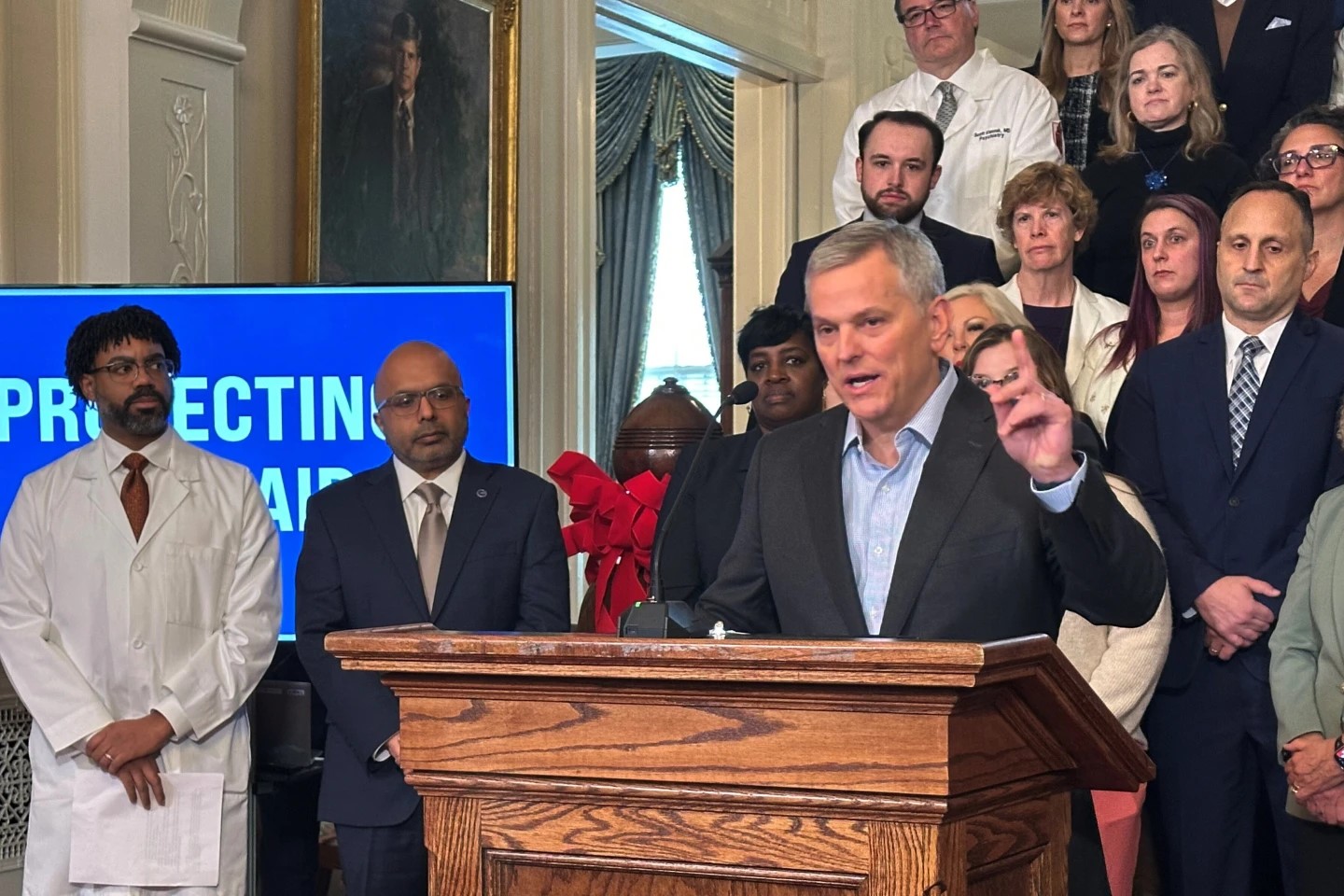
North Carolina Gov. Stein Cancels Medicaid Rate Cuts Amid Legal and Legislative BattlesNorth Carolina Democratic Gov. Josh Stein is canceling Medicaid reimbursement rate reductions he initiated over two months ago, preserving in the short term access to care for vulnerable patients.

French Manufacturer Shares Plans to Relocate U.S. Operations to HillsboroughGov. Josh Stein’s office shared the French manufacturing company CITEL is planning on relocating its U.S. business to Hillsborough and will invest $12.5 million in the project.
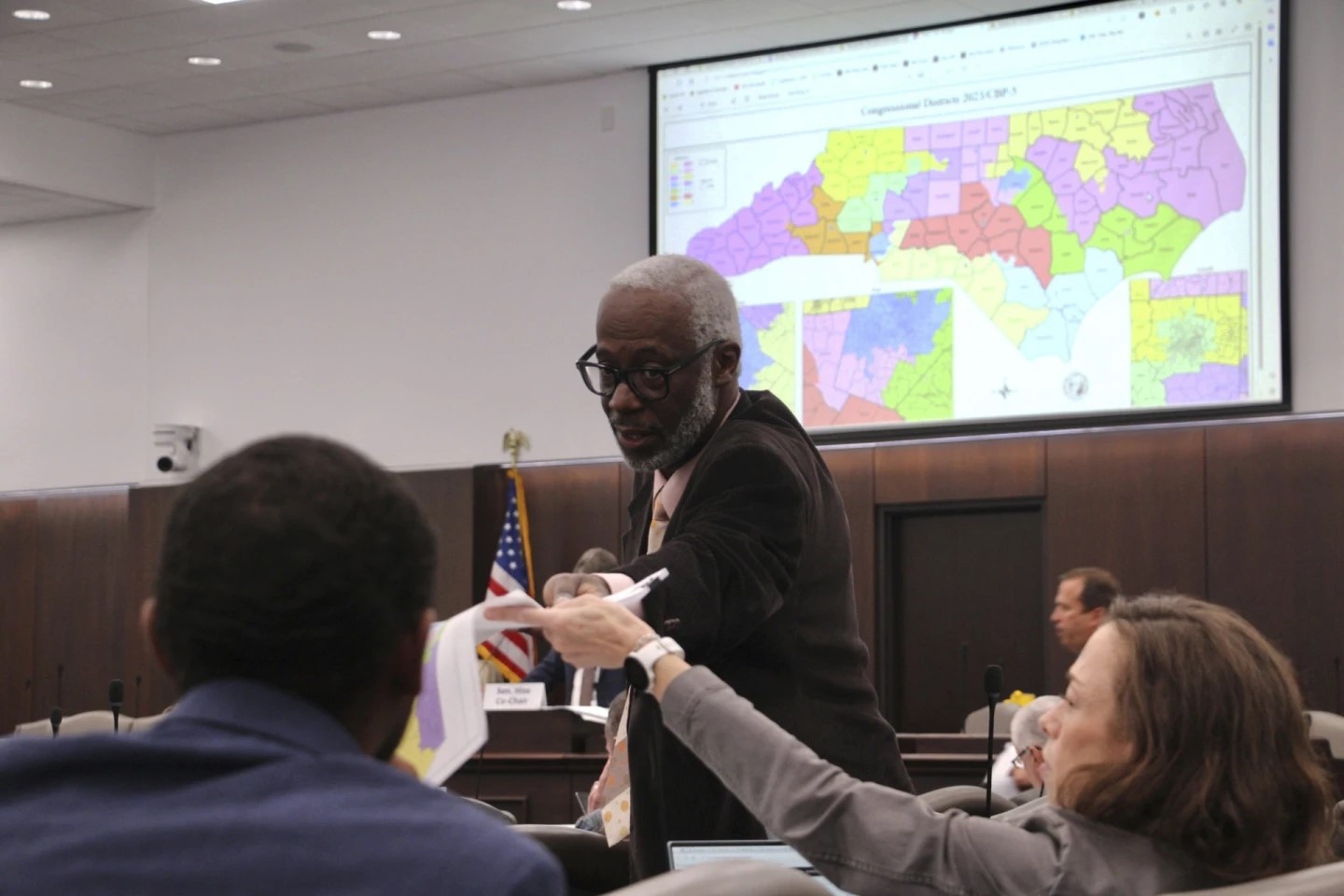
Federal Judges Uphold Several North Carolina US House Districts Drawn by RepublicansWritten by GARY D. ROBERTSON RALEIGH, N.C. (AP) — Federal judges on Thursday upheld several U.S. House districts that North Carolina Republicans drew in 2023 that helped the GOP gain additional seats the following year. They rejected accusations the lines unlawfully fractured and packed Black voters to weaken their voting power. The order by three judges — […]

On the Porch: Dr. Jim Crawford - October News RoundupThis Week:
Born into a blue collar and agricultural clan in rural Pennsylvania, Dr. Jim Crawford was the first in his family to graduate from college. Earning his PhD from the University of North Carolina, he taught US and World History at several universities in the piedmont North Carolina for several decades. He served as chairman of the Chatham County board of commissioners. He is a firm believer in American democracy and trusts that the constitution will hold firm now as it has in past crises despite the broken, distempered electorate.
›









